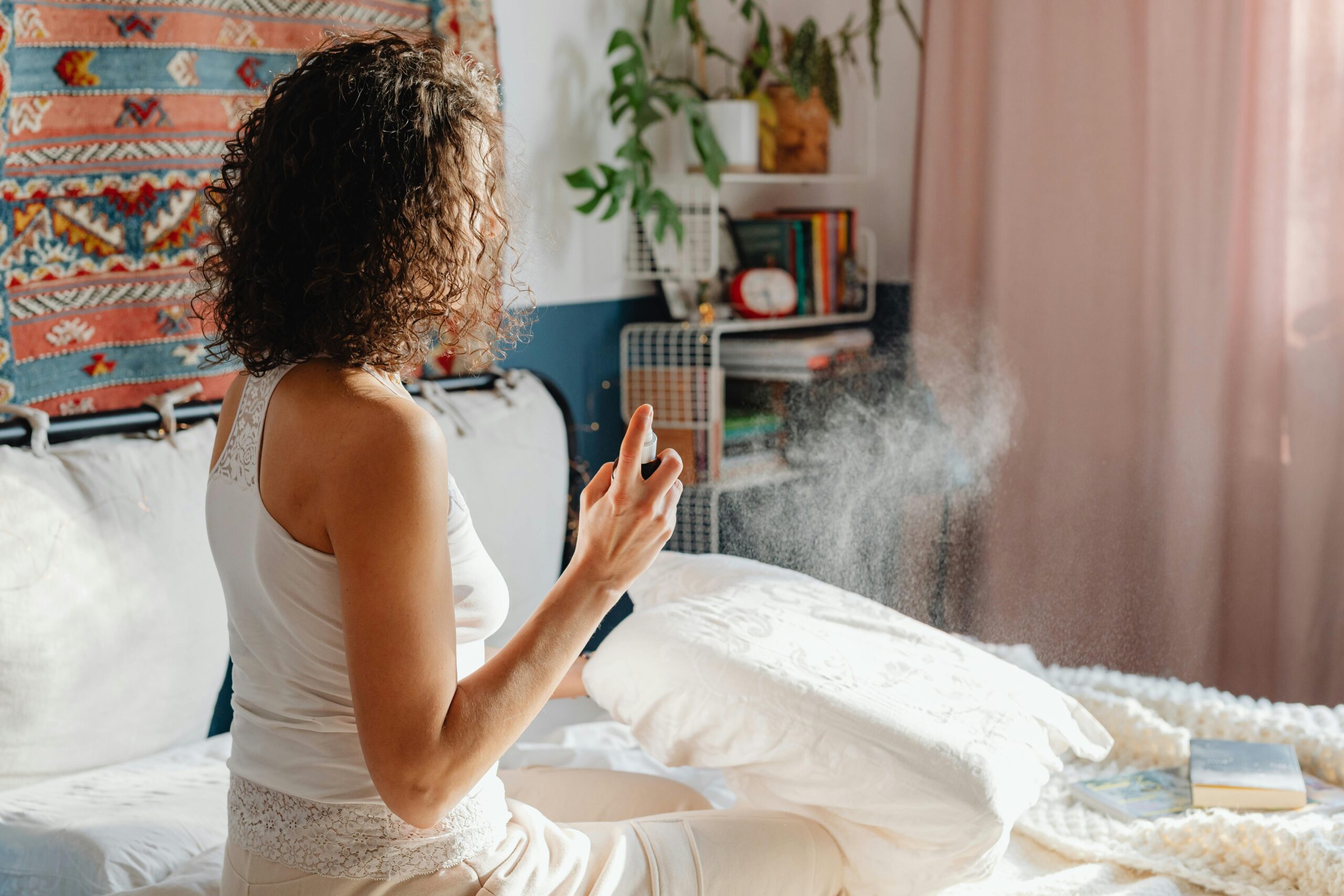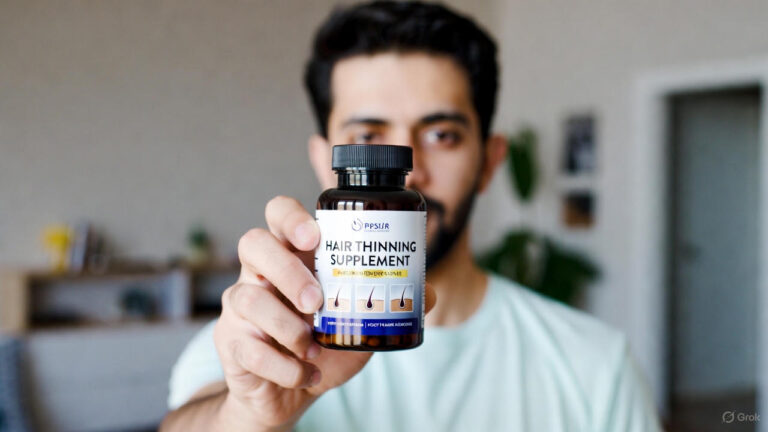Stress has become an unwelcome companion in many people’s lives. Balancing work, family, and personal responsibilities can often feel overwhelming. Fortunately, several diy natural remedies for stress relief and relaxation. These DIY methods are simple, effective, and can be easily incorporated into your daily routine. Let us explore various natural remedies to help you unwind and regain your peace of mind.
1. Aromatherapy with Essential Oils
Essential oils have been used for centuries to enhance well-being. They can promote relaxation, reduce anxiety, and improve mood.
1.1 Lavender Oil
Lavender is well-known for its calming properties. You can add a few drops of lavender oil to a diffuser or mix it with a carrier oil for a soothing massage.
1.2 Chamomile Oil
Chamomile oil is another excellent choice for relaxation. It can help reduce stress and anxiety. Simply inhale its aroma or add it to a warm bath.
2. Herbal Teas
Herbal teas are a delightful way to unwind. They not only taste good but also offer various health benefits.
2.1 Chamomile Tea
Chamomile tea is a classic remedy for relaxation. Drinking a cup before bedtime can help improve sleep quality and reduce anxiety.
2.2 Peppermint Tea
Peppermint tea can also help alleviate stress. Its refreshing scent and flavor can promote relaxation and improve concentration.
2.3 Green Tea
Green tea contains L-theanine, an amino acid that can help reduce stress. Sipping on green tea throughout the day can provide a calming effect.
3. Mindfulness and Meditation
Mindfulness and meditation practices can significantly reduce stress levels. They encourage a focused mindset and promote relaxation.
3.1 Deep Breathing
Deep breathing exercises can calm your nervous system. Try inhaling deeply through your nose for a count of four, holding for four, and exhaling through your mouth for six.
3.2 Guided Meditation
Guided meditation can help ease stress. Many apps offer free sessions focusing on relaxation and stress relief. Just find a quiet spot, close your eyes, and follow along.
4. Physical Activity
Regular physical activity is vital for mental health. Exercise releases endorphins, which help combat stress.
4.1 Yoga
Yoga combines physical postures, breathing exercises, and meditation. Practicing yoga can improve flexibility, strength, and mental clarity.
4.2 Walking in Nature
Taking a walk in nature can enhance mood and reduce stress. The sights and sounds of the outdoors create a calming atmosphere, helping to clear your mind.
5. Epsom Salt Baths
Epsom salt baths are a popular remedy for relaxation. The magnesium in Epsom salt can help reduce muscle tension and promote a sense of calm.
5.1 How to Prepare
Add two cups of Epsom salt to warm bath water and soak for at least 15 minutes. You can also add a few drops of essential oils for added relaxation.
6. Journaling
Writing down your thoughts and feelings can be a therapeutic way to process stress. Journaling helps clarify your emotions and can provide a sense of relief.
6.1 Gratitude Journaling
Consider keeping a gratitude journal. Writing down three things you’re grateful for each day can shift your focus and improve your mood.
7. Healthy Diet
A balanced diet can significantly impact your stress levels. Certain foods are known for their stress-relieving properties.
7.1 Dark Chocolate
Dark chocolate can lower stress hormones. Enjoying a small piece can satisfy your sweet tooth and promote relaxation.
7.2 Nuts and Seeds
Nuts and seeds are packed with healthy fats, vitamins, and minerals. They can help reduce stress and improve brain function.
7.3 Berries
Berries are rich in antioxidants and can help reduce oxidative stress in the body. Including them in your diet can boost your overall well-being.
Conclusion
Managing stress is essential for overall health and well-being. These DIY natural remedies offer simple yet effective ways to promote relaxation and relieve stress. By incorporating essential oils, herbal teas, mindfulness practices, and healthy habits into your routine, you can create a more peaceful and balanced life.
FAQs
1. How often should I practice mindfulness or meditation for stress relief?
Practicing mindfulness or meditation for just 10-15 minutes daily can significantly reduce stress levels.
2. Are there any side effects to using essential oils?
Most essential oils are safe when used correctly. However, some people may experience skin irritation. Always perform a patch test before applying essential oils topically.
3. Can I combine different natural remedies for stress relief?
Yes, combining various remedies can enhance their effectiveness. For example, you can sip herbal tea while practicing deep breathing.
4. How quickly can I expect to feel the effects of these remedies?
The effects can vary by individual and method. Many people feel immediate relief from techniques like deep breathing and essential oil inhalation.
5. Is it necessary to consult a doctor before trying natural remedies for stress relief?
If you have underlying health conditions or are pregnant, consulting a healthcare professional before trying new remedies is a good idea.



